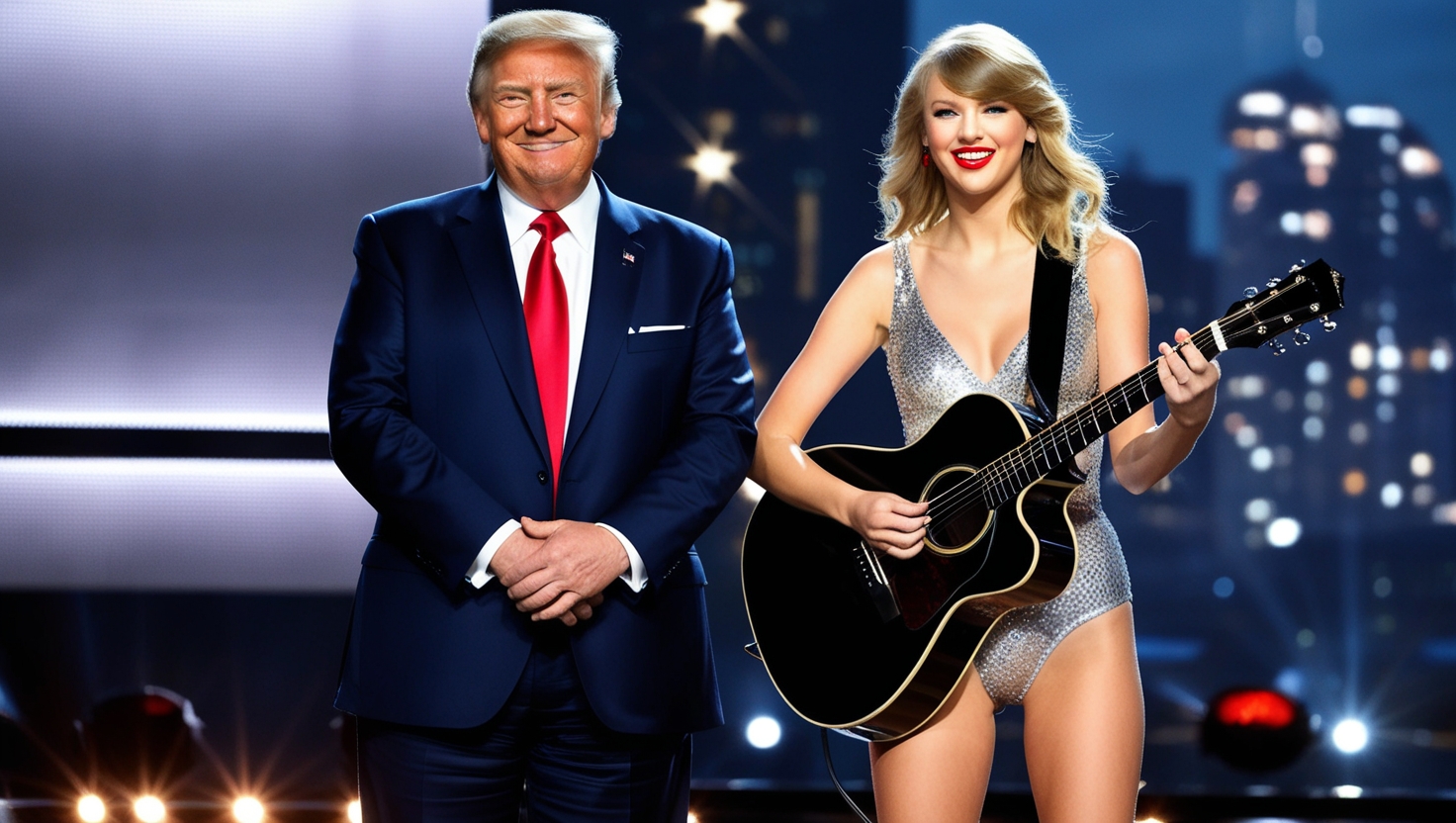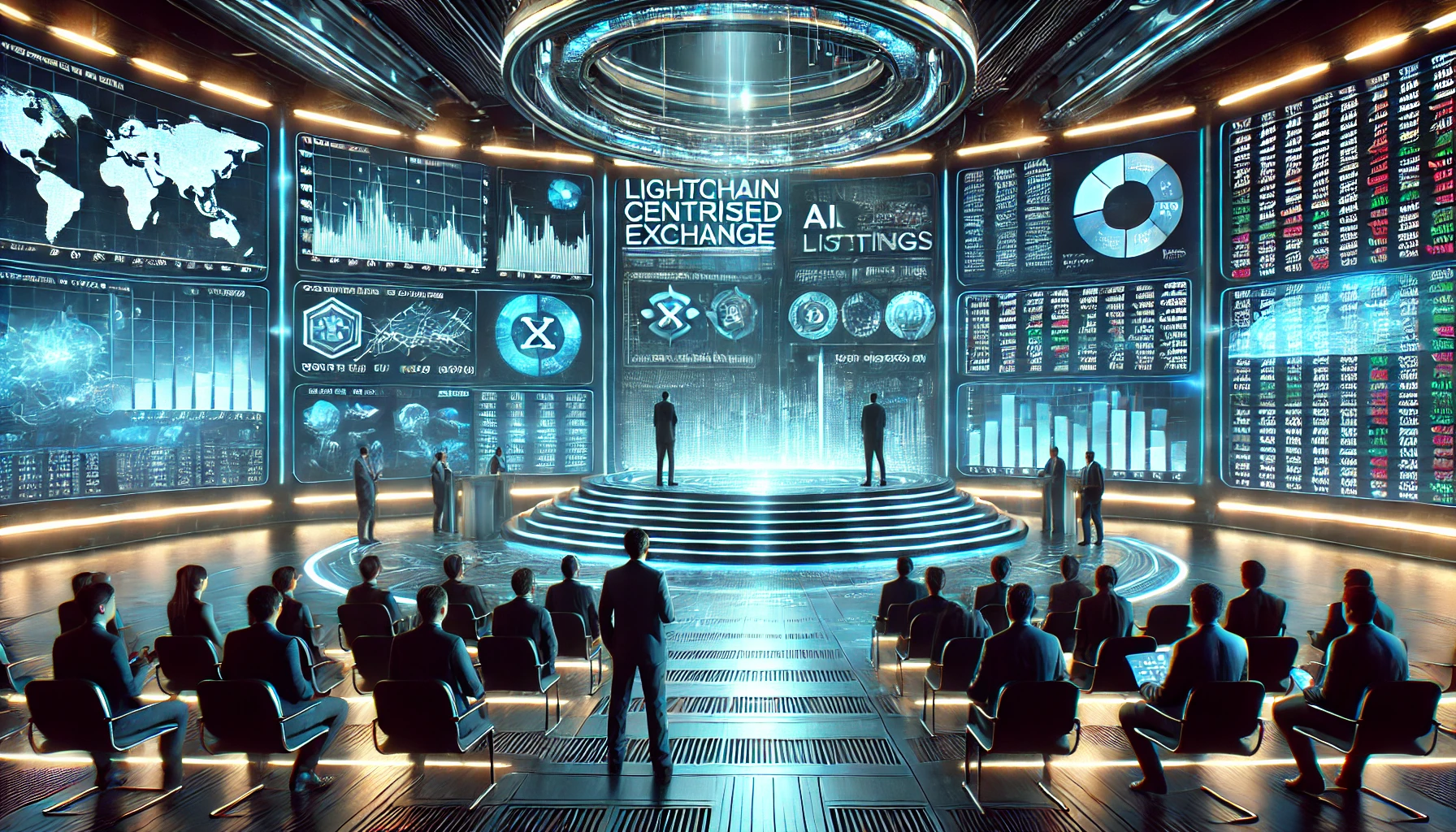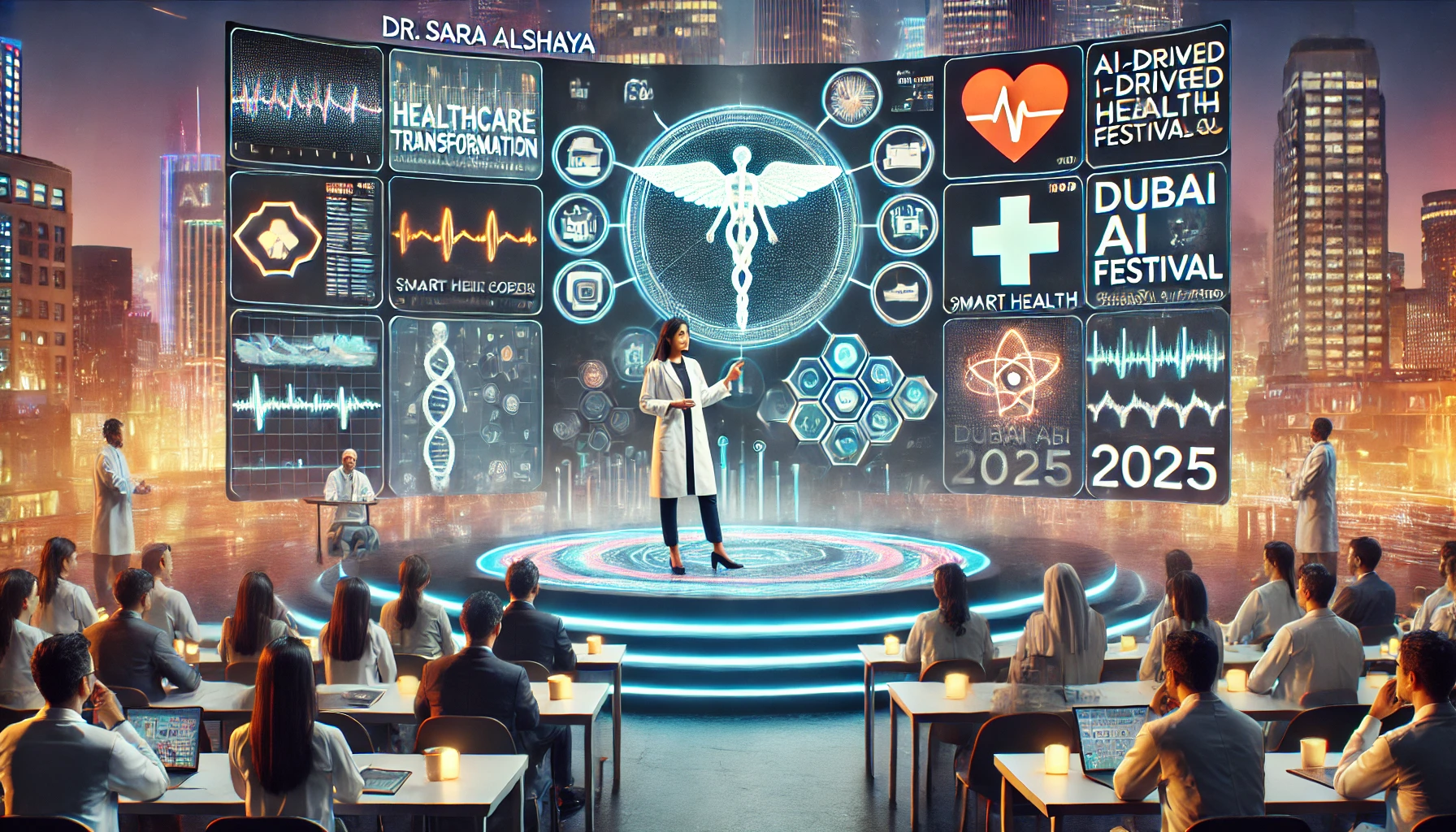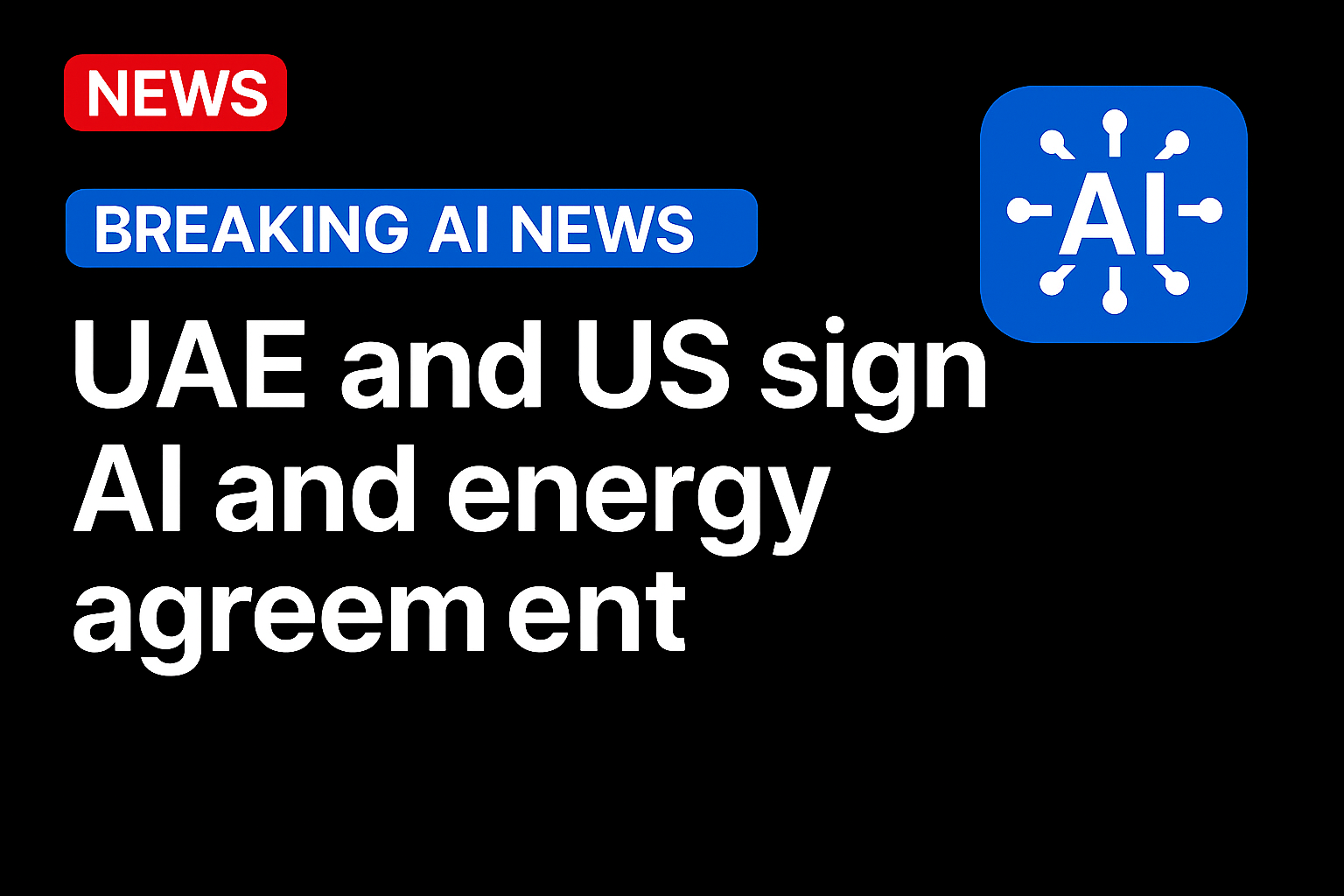In a move that has sparked outrage and controversy, former President Donald Trump has been accused of promoting AI-generated images that falsely suggest pop superstar Taylor Swift endorsed him for the upcoming election. The digitally altered photos, which have been circulated widely on social media, depict Swift posing with Trump at political events and even holding signs with pro-Trump slogans. Swift’s representatives were quick to denounce the images, labeling them as blatant misinformation.
The Use of AI in Political Misinformation
The images, created using sophisticated AI tools, were first shared on pro-Trump social media channels before being amplified by Trump himself on his platform, Truth Social. In the posts, Trump appeared to insinuate that Swift had come around to supporting him after years of her vocal opposition to his policies. This tactic of using AI to generate false visual content represents a growing concern in the digital age, where the lines between reality and fabrication are increasingly blurred.
Swift, who has been a staunch advocate for progressive causes, including LGBTQ+ rights and voter registration initiatives, has publicly criticized Trump in the past. The fake images have caused a stir among her fan base, with many taking to social media to call out the misinformation. Swift’s team has issued a statement emphasizing that she has never endorsed Trump and that the images in circulation are entirely fabricated.
The Dangers of AI-Generated Misinformation
Experts warn that the use of AI-generated images in political contexts is a dangerous escalation in the spread of misinformation. While doctored photos and videos have long been a part of political discourse, AI technology now allows for hyper-realistic alterations that can deceive even the most discerning eyes. These AI-generated images can be especially effective at swaying public opinion, particularly when amplified by high-profile figures like Trump.
“AI-generated misinformation is a new frontier in the battle for truth in politics,” said Dr. Maria Alvarez, a professor of media studies. “It undermines trust in legitimate media and can have real-world consequences, particularly when it comes to elections.”
Swift’s Response
Swift herself has remained largely silent on the issue, except for a brief post on Instagram urging her followers to verify information and rely on trusted sources. However, her fans, often dubbed “Swifties,” have been actively debunking the images, pointing out inconsistencies and sharing the original, unaltered photos from which the AI-generated ones were derived.
Calls for Regulation
The incident has reignited calls for stronger regulations around the use of AI-generated content, particularly in political campaigns. Critics argue that the dissemination of false AI-generated images could have profound implications for the integrity of elections and the public’s trust in media.
“We need legislation that addresses the responsible use of AI in media,” said Senator Elizabeth Warren. “Without proper safeguards, we risk allowing misinformation to run rampant in our democratic processes.”
As the 2024 election approaches, incidents like these highlight the need for increased awareness and vigilance in combating the spread of AI-generated misinformation. With technology continuing to advance, the public must remain skeptical of the content they encounter online, particularly in highly politicized contexts.





